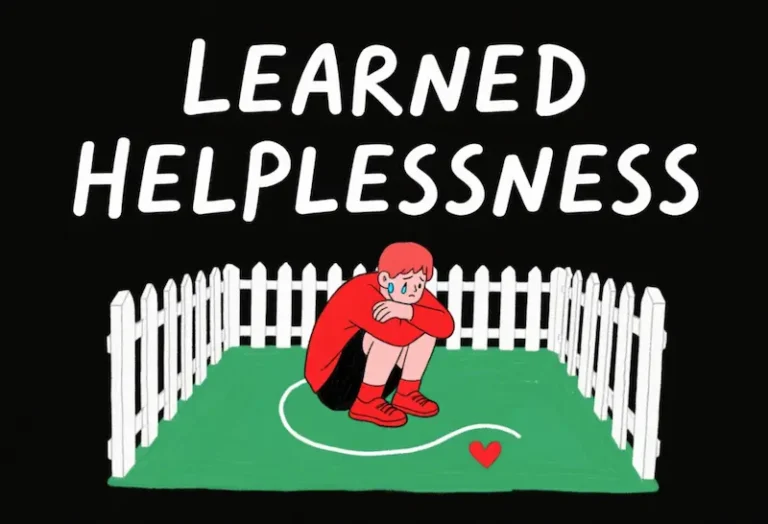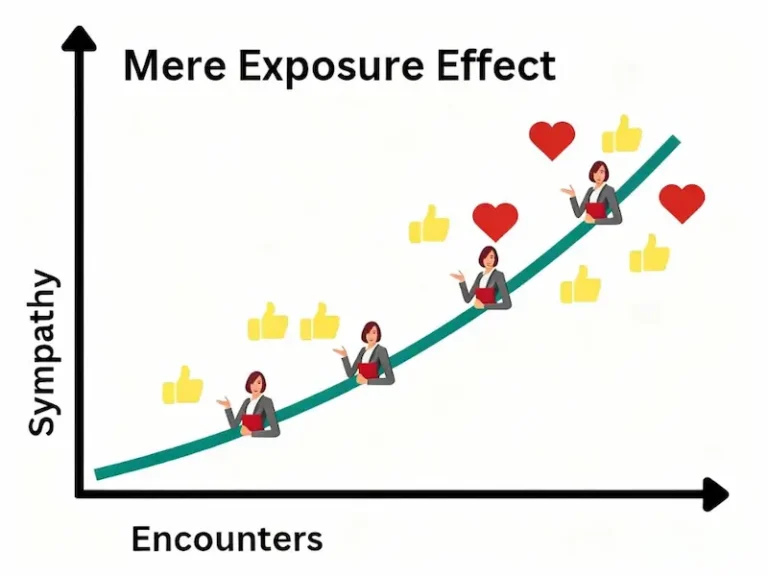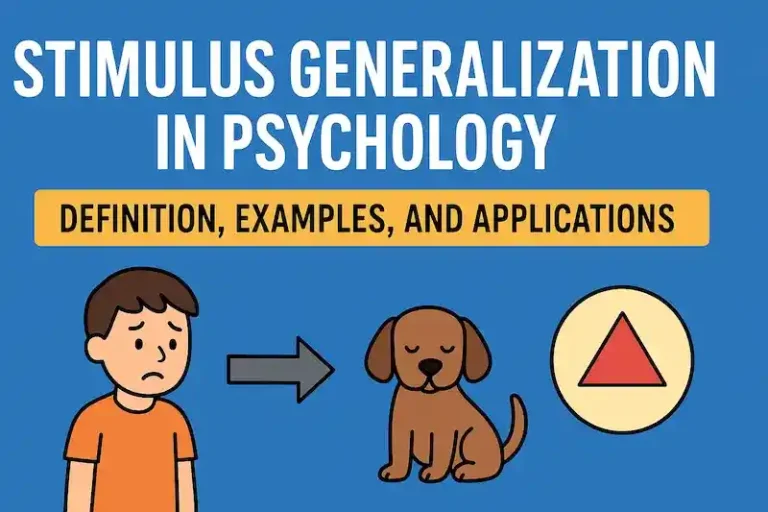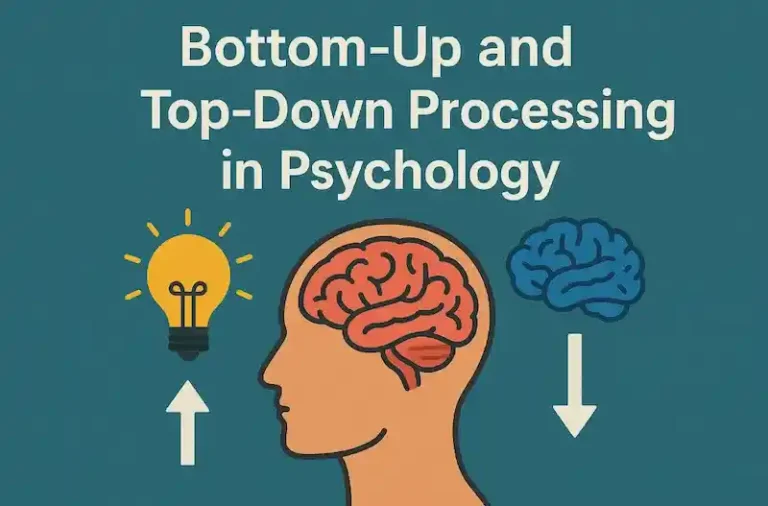Mirror Effect Psychology: How to Deal With Disrespect Without Losing Your Cool
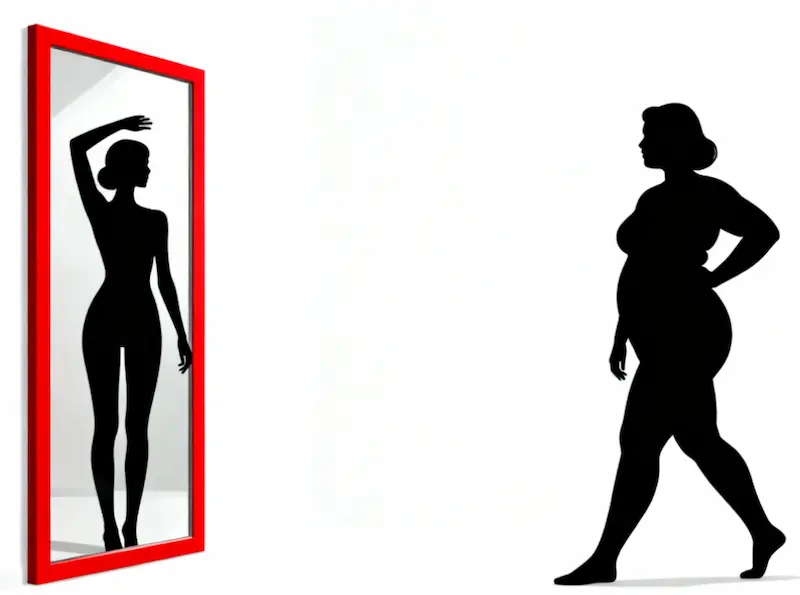
Table of Contents
Have you ever walked into a team meeting, presented a project you spent weeks on, and had your boss snap: “This report is amateurish—did you even put in effort?” Or returned to your desk after that meeting, only to hear a coworker mutter: “No wonder it’s bad if you clock out on time”?
Disrespect like this isn’t just hurtful—it can make you question your skills, your worth, and even your place in a team. But here’s the truth from psychology: when someone treats you poorly, it’s rarely about you. It’s about them—and a concept called the mirror effect psychology can help you see that clearly.
What Is the Mirror Effect in Psychology?
The mirror effect traces back to psychologist Charles Cooley’s “looking-glass self” theory, which explains that people’s attitudes toward you act like a mirror—they reflect their inner thoughts, fears, and insecurities, not your actual value.
Think of it like standing in front of a funhouse mirror: the distorted image you see isn’t who you are—it’s a product of the mirror’s curves. The same goes for rude behavior:
- At work: If a colleague laughs at your idea and calls it “childish,” they might be scared their own contributions are being overshadowed. Putting you down is a quick (but unhealthy) way to feel better about their own insecurities.
- At home: If a parent constantly says, “Why can’t you be more like your cousin who got into Stanford?”, they may be grieving their own unfulfilled academic or career goals. They’re projecting that regret onto you instead of facing it.
- In social settings: If a friend sneers, “Is that bag a knockoff?”, their comment likely stems from envy. They might wish they could afford a similar item, so they mock yours to ease their own jealousy.
People who lash out the most are often the most vulnerable. Take a character like Michael Scott from The Office (a show most Americans know well): he sometimes belittled coworkers like Dwight or Jim when he felt out of control at work—his rudeness was a mirror for his fear of being a bad manager, not a reflection of their abilities.
Why Do People Attack? The Science of Psychological Projection
Sigmund Freud first identified “psychological projection” as a defense mechanism: when people can’t accept their own flaws, they unconsciously “project” those negative traits onto others. It’s like a drowning person grabbing onto anyone nearby—they’re not trying to hurt you; they’re trying to stay afloat in their own negative emotions.
Let’s break down common examples readers might recognize:
- A manager who yells, “You’re dropping the ball on this project!” might be panicking about their own performance. If the team’s metrics are down, blaming you shifts attention away from their role in leading the project.
- A partner who jokes, “You’ve been eating too much lately” could be scared of their own weight gain or aging. They’d rather criticize you than confront their own anxiety about losing attractiveness.
- A friend who says, “You’re always canceling plans—you’re so unreliable” might be guilty of flaking themselves. Projecting that flaw onto you lets them avoid feeling like the “bad friend.”
The key takeaway? Rudeness is rarely about your actions. It’s about someone else’s inability to handle their own emotions.
Why Does Disrespect Hurt? You’re Absorbing Their Projection
If disrespect is about the other person, why does it sting so much? The answer lies in how we respond: we unconsciously accept their projection as truth.
For example:
- If a coworker says, “You’re so socially awkward in meetings,” and you immediately think, “Am I really that bad at talking to people?”, you’ve fallen into the “mirror trap.” You’re letting their insecurity become your self-doubt.
- If a family member says, “A college degree isn’t worth anything these days,” and you start questioning if your tuition was a waste, you’re taking on their narrow worldview instead of trusting your choices.
Science backs this up. A 2022 study from the American Psychological Association (APA) found that repeated exposure to negative comments activates the amygdala—the part of the brain that controls fear and stress. This activation increases cortisol (the “stress hormone”) and makes you more likely to internalize criticism.
But here’s the good news: you don’t have to let their projection define you. The mirror effect works both ways—once you understand it, you can use it to reject their negativity and protect your self-esteem.
How to Respond to Disrespect Using the Mirror Effect
The mirror effect isn’t just a theory—it’s a tool. These four strategies will help you respond to rudeness calmly, without letting it affect your mood or confidence.
1. Break the Emotional Reaction Cycle
When someone insults you, your first instinct might be to get angry or defensive. But reacting emotionally only gives their negativity power. Instead, use simple physical and mental tricks to hit “pause” on your response:
- Physically calm down: Press your tongue against the roof of your mouth and take 3 slow breaths. This stimulates the vagus nerve, which lowers your heart rate and eases tension.
- Mentally reframe the moment: Imagine their words as silly cartoon subtitles. If a client yells, “This design is terrible!”, picture the words in bright pink, wiggly font. It sounds silly, but it activates the brain’s humor center and diffuses stress.
- Repeat a mantra: Silently say, “This is about them, not me.” It’s a quick reminder to stay grounded.
Jake, a graphic designer in Chicago, used this trick when a client called his work “tasteless.” Instead of getting upset, he stared at the client’s messy, unironed shirt and imagined the insult as a cartoon bubble. He laughed softly and said, “I appreciate your honesty—and I have to say, your retro shirt is really on-trend right now.” The client blushed, apologized, and the conversation shifted to constructive feedback. Breaking the emotional cycle turned a hostile moment into a productive one.
2. Translate Insults Into Emotional Needs
Every insult hides an unmet emotional need. Your job is to “decode” the rudeness and reflect it back—so the other person sees their own insecurity, not you.
Here’s how to do it with common scenarios:
- Insult: “You’re useless—this task should have been easy.”Hidden need: “I’m scared of failing, so I’m blaming you to feel in control.”Response: “I get it—this project is stressful. Let’s figure out how to fix it together.”
- Insult: “You’ll never find a partner if you keep working so much.”Hidden need: “I’m lonely, and I envy your focus on your career.”Response: “You seem really invested in this—are you feeling overwhelmed lately?”
- Insult: “Why do you dress like that? It’s unprofessional.”Hidden need: “I want attention, so I’m criticizing your style to stand out.”Response: “Wow, I’m flattered you noticed my outfit—I thought it was a fun way to mix workwear with my personality.”
This strategy works because it flips the script. Instead of defending yourself, you’re asking them to confront their own emotions. Most people will back down once they realize their rudeness is transparent.
3. Strengthen Your Self-Awareness and Inner Strength
Psychologist Carl Rogers once said, “The only person who is educated is the one who has learned how to learn and change.” For the mirror effect to work, you need a strong sense of self—so you don’t confuse someone else’s insecurity with your reality.
Here’s how to build that strength:
- Keep a “strengths list”: Write down small wins and skills you’re proud of—even if they seem trivial. Did you nail a presentation last month? Learn to make sourdough bread? Solve a technical problem for a coworker? Jot it down. When you’re feeling hurt by disrespect, read this list to remind yourself of your value.
- Practice self-compassion: Talk to yourself like you’d talk to a friend. If a friend was upset about a rude comment, you’d say, “They’re just having a bad day.” Do the same for yourself.
- Set boundaries: If someone is consistently disrespectful, it’s okay to say, “I don’t appreciate being spoken to that way. Let’s communicate respectfully, or we can talk later.” Boundaries aren’t rude—they’re a way to protect your mental health.
When your inner strength is solid, disrespect becomes like a light rain: it might touch you, but it won’t soak you.
4. Focus on Self-Improvement (Not Changing Their Minds)
It’s tempting to spend time trying to “prove” yourself to someone who’s rude. But here’s the truth: you can’t change how others see you—and that’s okay. The best response to disrespect is to invest in your growth.
For example:
- If a friend mocks your fitness goals, don’t defend yourself—stick to your workout schedule. Over time, your progress will speak louder than their jokes.
- If a family member doubts your career choices, don’t explain yourself—keep building your career. When you get that promotion or hit that milestone, they’ll have no choice but to respect your hard work.
Forbes magazine often emphasizes this in its career advice: “The most successful people don’t waste energy on people who don’t believe in them. They focus on becoming so good that no one can ignore them.” Every small step you take toward self-improvement is a step away from letting disrespect control you.
Final Thoughts: Master the Mirror Effect, Master Your Reactions
Dealing with disrespect is never easy—but the mirror effect gives you power. Instead of feeling hurt or angry, you can:
- See rudeness as a “window” into someone else’s insecurities, not a judgment of your worth.
- Respond calmly, without letting their emotions become yours.
- Focus on your growth, so their negativity fades into the background.
Maya Angelou, one of America’s most beloved authors, once said: “Do the best you can until you know better. Then when you know better, do better.” The mirror effect is about “knowing better”—knowing that disrespect is about the other person, not you.
When you master this, you stop letting others’ opinions control your life. You become the kind of person who stays calm in chaos, trusts their own worth, and keeps growing—no matter what others say.
CTA
The mirror effect psychology teaches us that disrespect reflects the other person’s insecurities, not our value. By breaking emotional cycles, decoding hidden needs, strengthening self-awareness, and focusing on self-improvement, we can respond to rudeness without losing our cool.
Have you used a strategy like this to deal with disrespect at work or home? Share your story in the comments below—we’d love to hear how you’ve used the mirror effect (or similar tools) to protect your peace.

